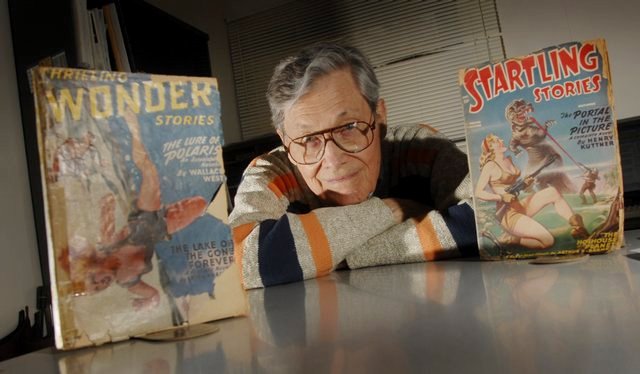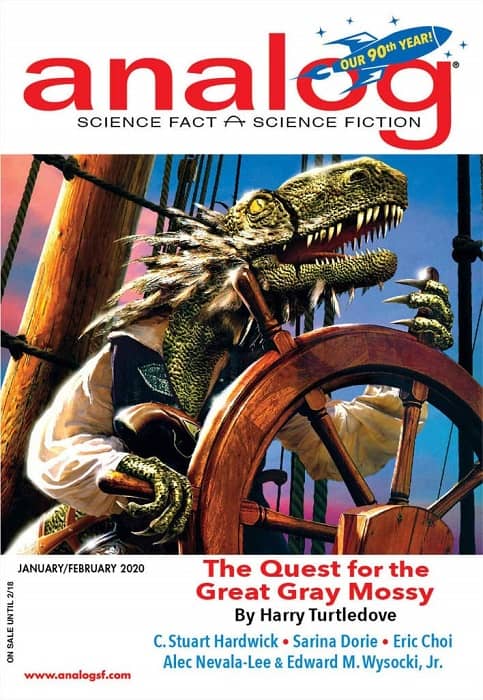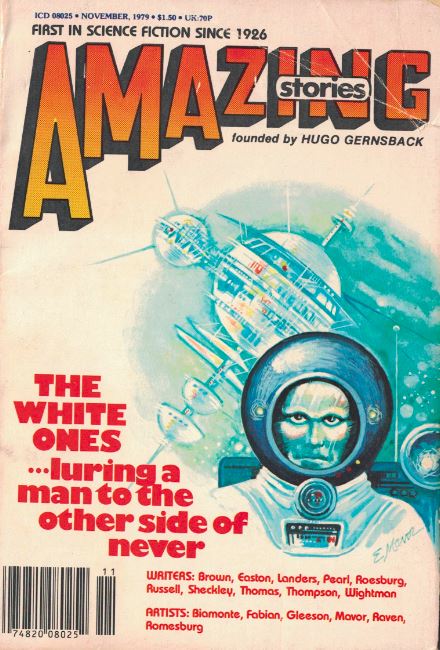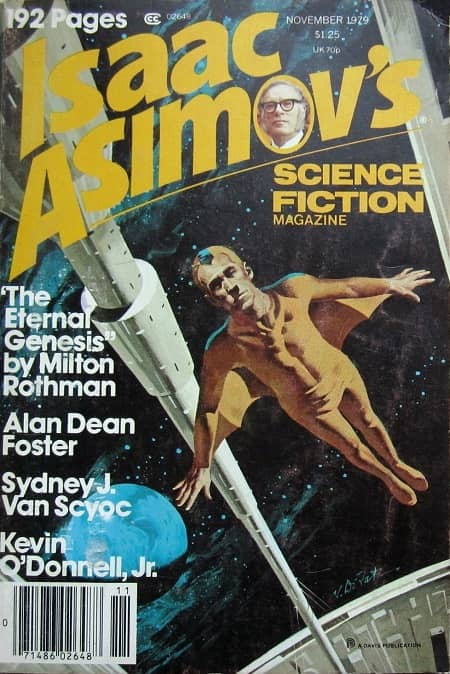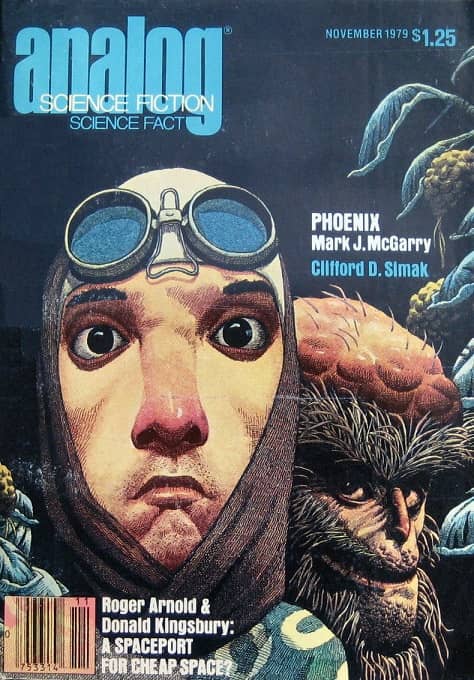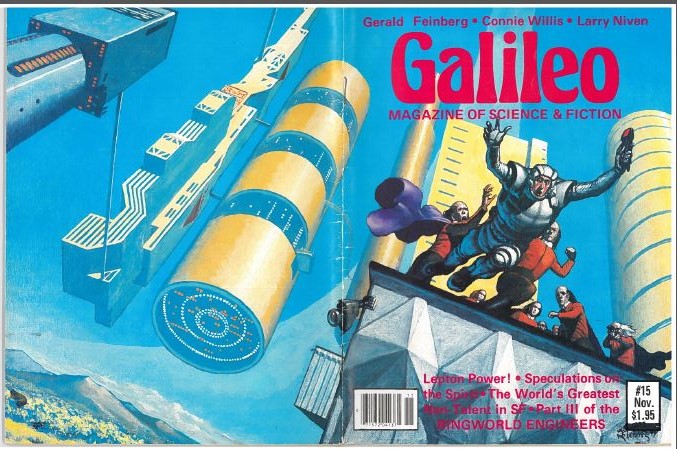James E. Gunn, July 12, 1923 – December 23, 2020
Sad news for the science fiction and fantasy writing world. James Edwin Gunn, writer, scholar, teacher and Science Fiction Grandmaster, died of congestive heart failure Wednesday December 23, 2020.
James Gunn founded the University of Kansas Center for Science Fiction Studies, and from their site Center Director Chris McKitterick wrote:
The Center’s Associate Director, Kij Johnson, and I offer our deepest condolences to everyone who cared about Jim, whose lives he touched – and there were many – and whose careers he influenced, which amounts to almost everyone in our field today, whether they’re aware of his intellectual parentage or not.
McKitterick wrote for Michael Page’s biography (Saving the World Through Science Fiction: James Gunn, Writer, Teacher, and Scholar):
“He has taught so many teachers, scholars, and educators that his reach is immeasurable. Jim’s mentoring has shaped the genre into what we enjoy today, making him one of the most influential figures in SF. His is a life devoted to science fiction, and without him, the field would not be the same, nor the world as aware of both the peril and potential of human endeavor.”
